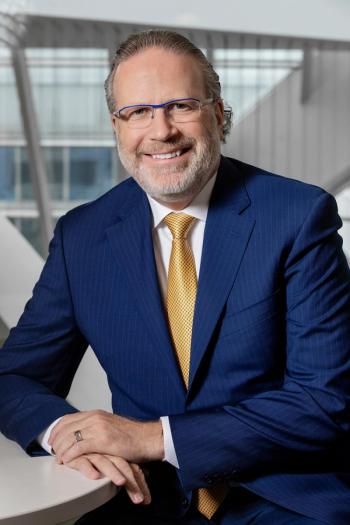
There's one sector of the economy where prices are growing much more slowly: health care.

There's one sector of the economy where prices are growing much more slowly: health care.

As any competent clinician will tell you, having data is only one part of the equation. A clinician must also be able to intervene efficiently and effectively.

Has health care price transparency actually arrived?

End-of-life care discussions with patients are critical for physicians of any specialty, but especially primary care.

A strategic blueprint for fixing primary care.

We simply must provide better preparation and support for those who care for others.

I have been left to wonder, how does being a caregiver affect the health of the caregiver and what how does our system dysfunction play into that effect?

Much has changed since the beginning of the pandemic.

The pandemic underscored the incredible power of vaccination.

We cannot continue to ignore the problem of physician mental distress.

Some research shows the previous guideline may have led to the under-treatment of patients with chronic pain.

Even as we begin to envision a post-pandemic future, continuing backlogs and unsustainable workarounds and rising international turmoil supply fresh evidence that supply-chain fragility is untenable.

It is time to take stock of where we have been and where we are going.

The pandemic’s profound impact on the industry has only heightened with staffing shortages and health care legislation complexities.

Contracts between hospitals and providers create price discrimination and harm consumers

But doctors need more funding and payment options to be effective

An exclusive excerpt from the new book “Searching for the Family Doctor: Primary Care on the Brink."

Here’s to 2022 being the year that we begin to make significant strides in improving the US health care system.

Medical billing is complex and time-consuming. Does it have to be?

When I read about the plight of primary care doctors and their widespread dissatisfaction with their profession, I remember Dr. William Vroom.

Are you willing to try something different?

Leveraging insights from AI and behavioral science can improve financial outcomes as well as clinical ones.

This trend presents an enormous challenge for traditional practices.

Health care cost increases are not the result of over-utilization, but rather legalized kickback schemes.

There are ways to mitigate stress by managing its symptoms. But there are also ways to lessen stress by preventing some of it in the first place.